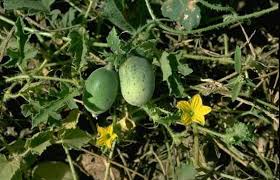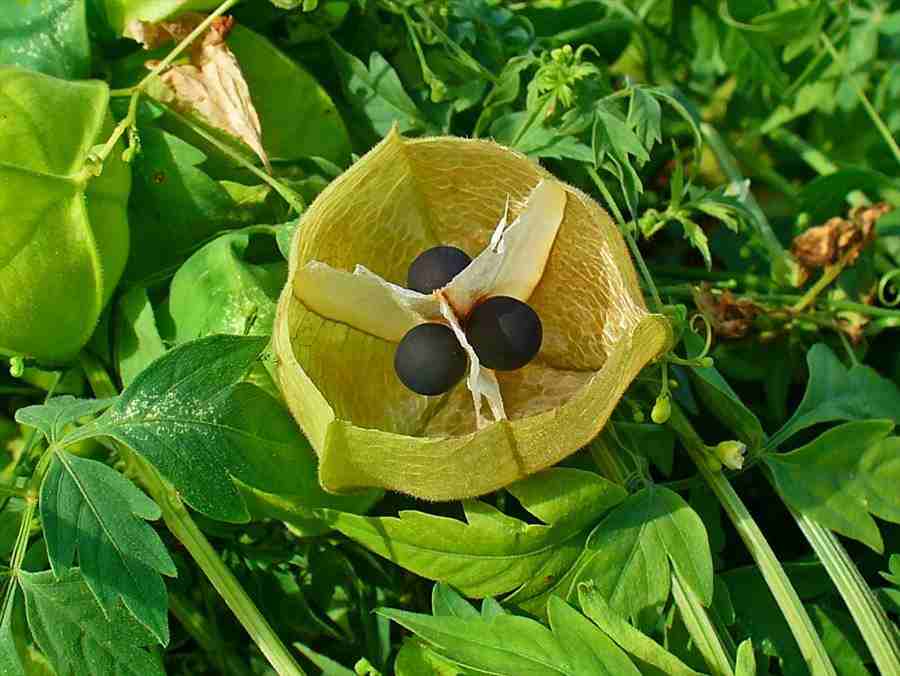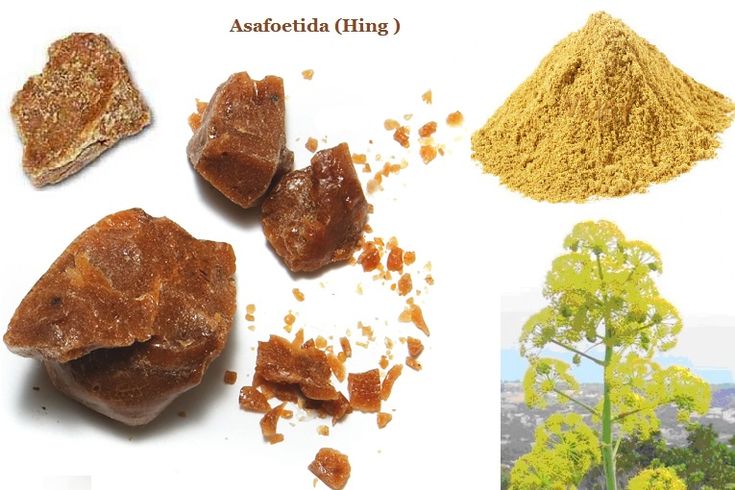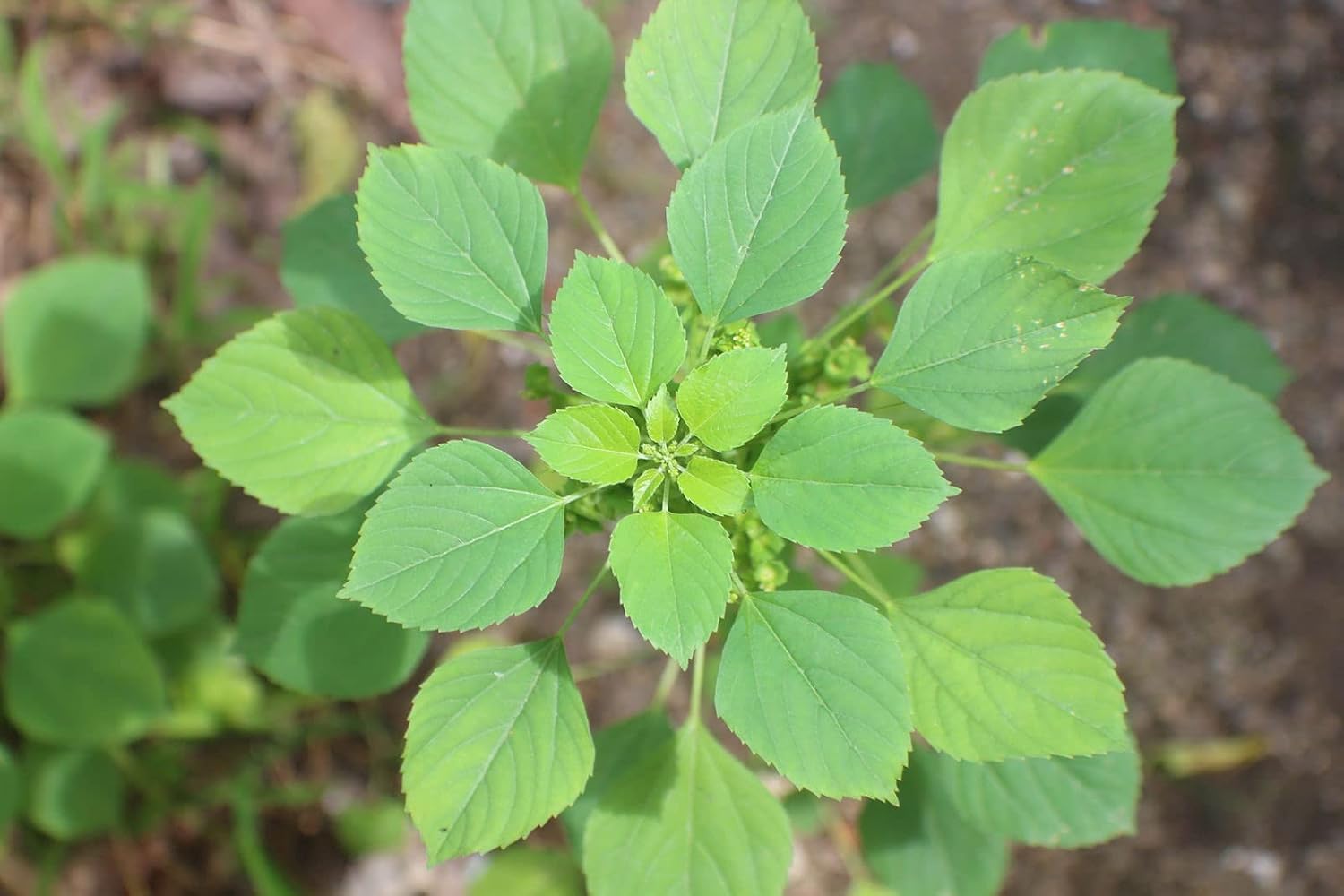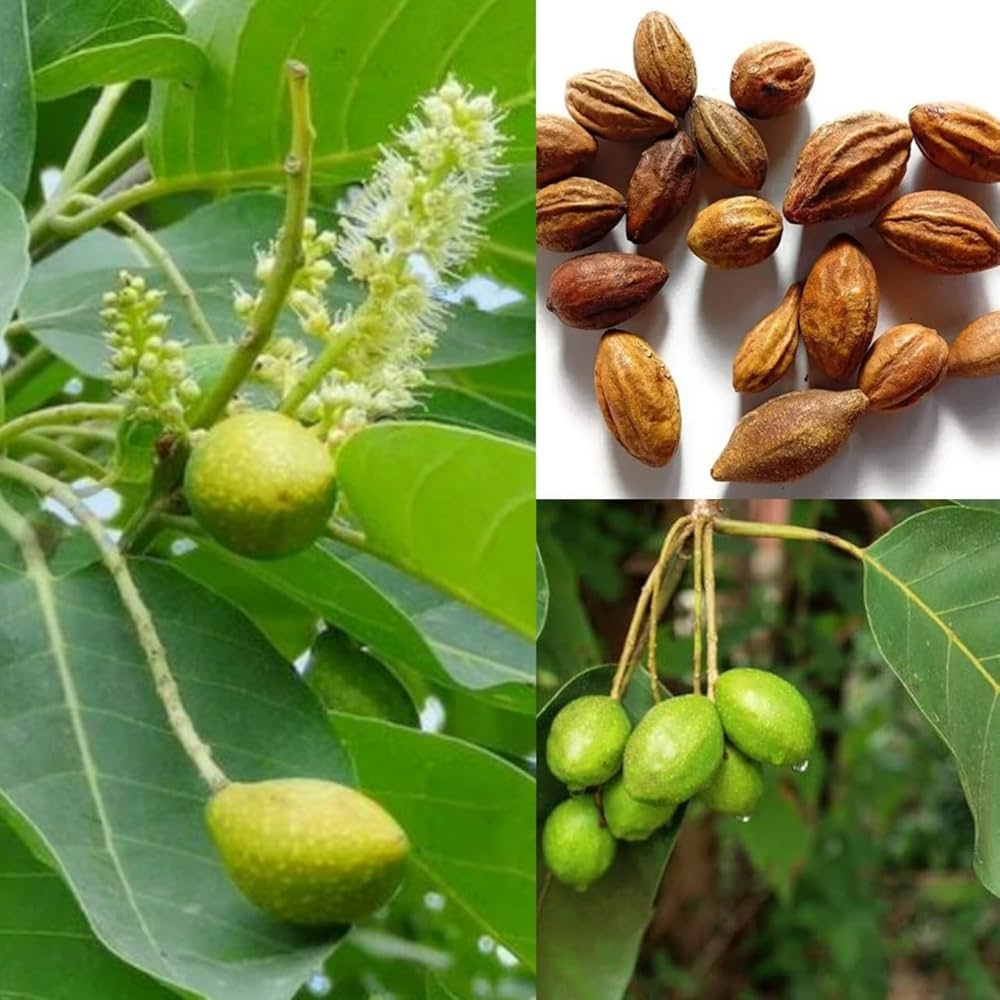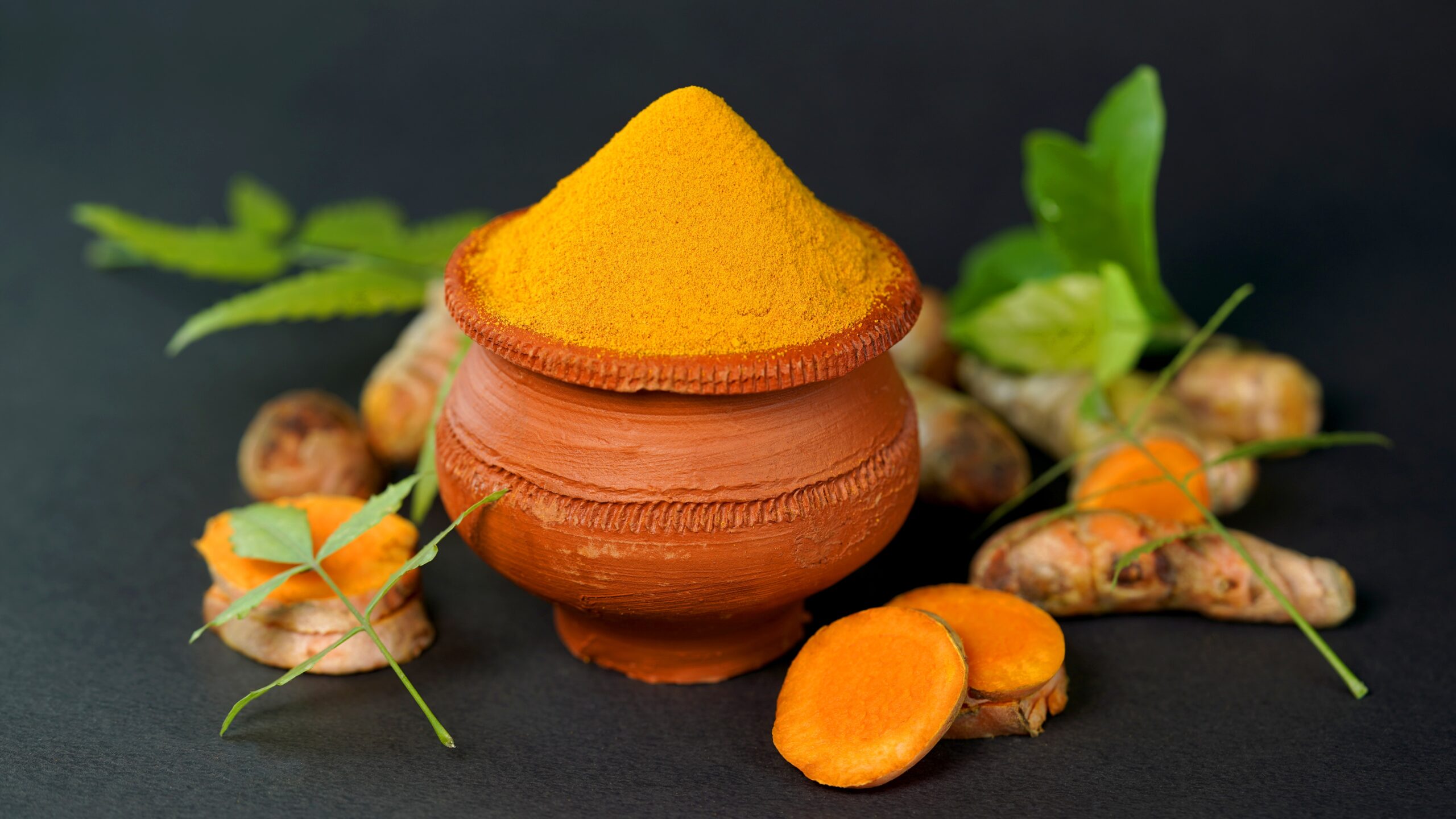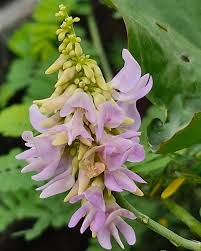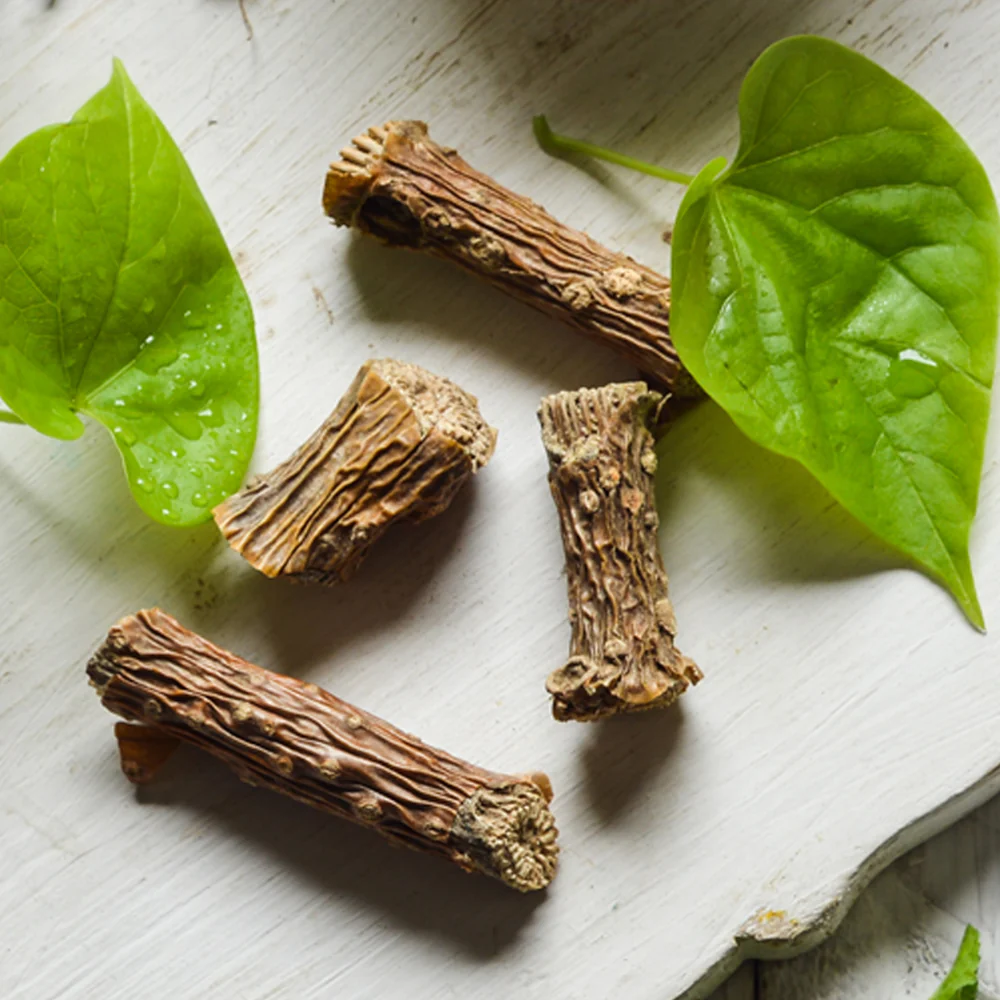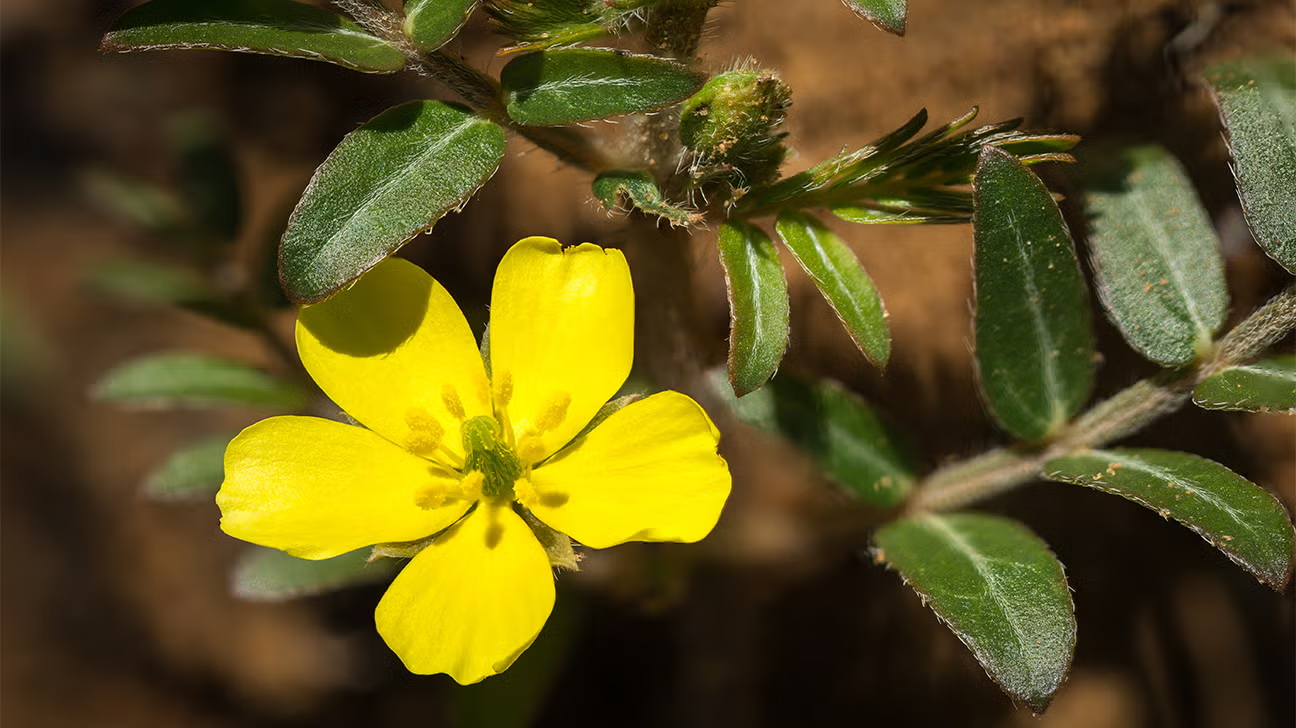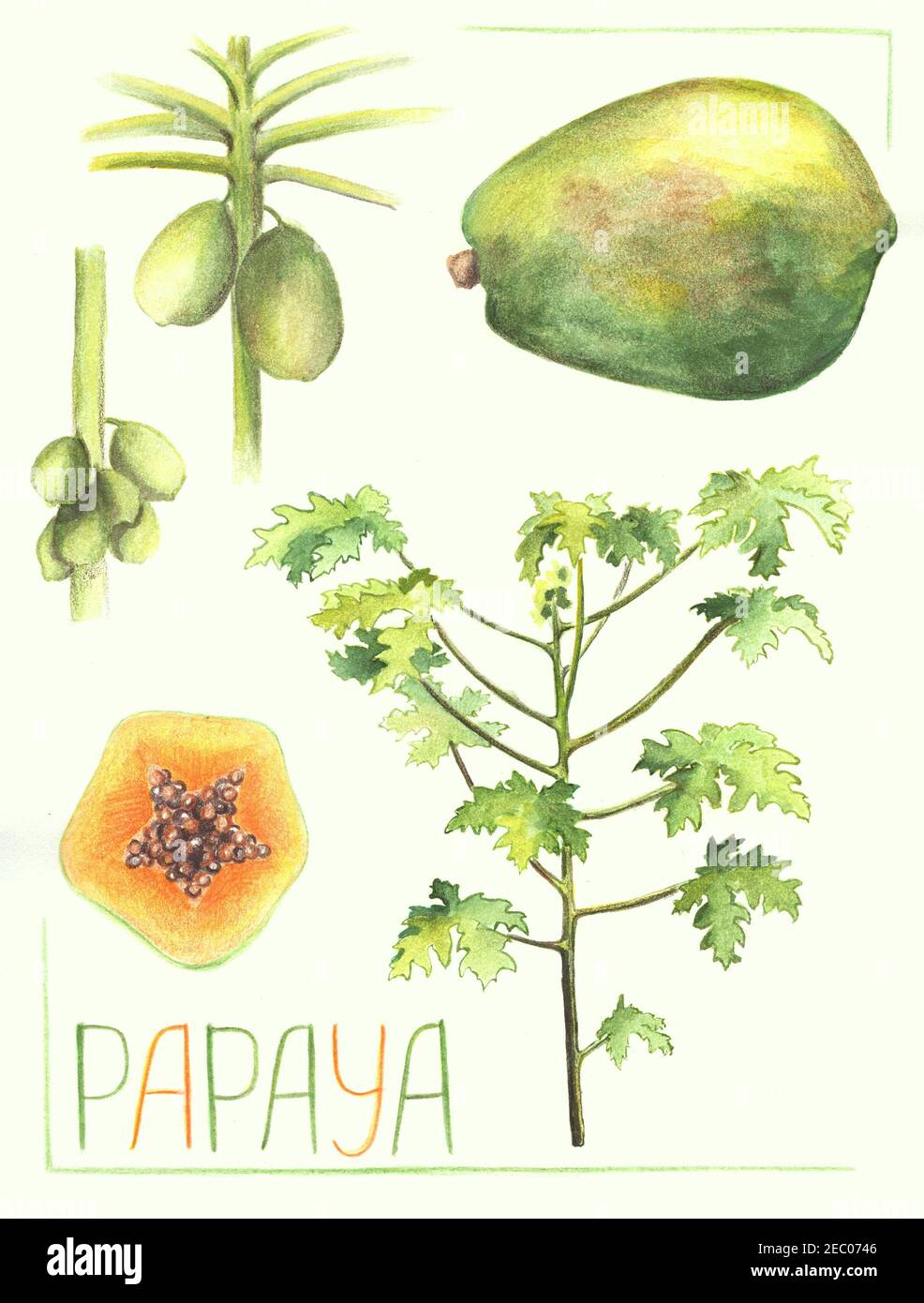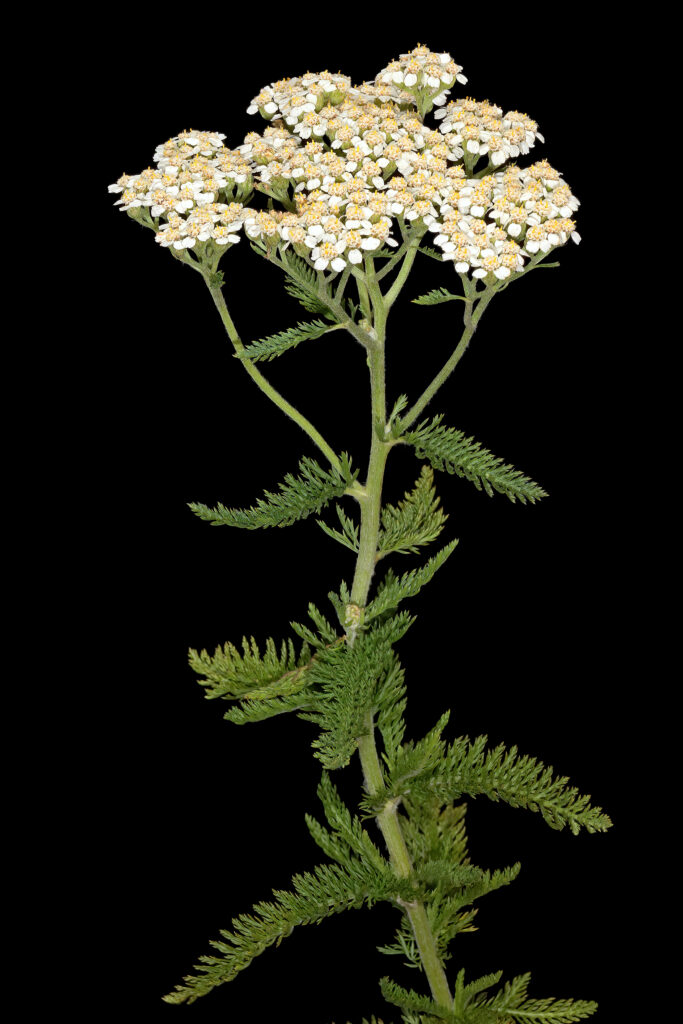
Yarrow (Achillea millefolium) is a remarkable herb celebrated for its wide-ranging healing properties and historical significance. It has been used for thousands of years in herbal medicine across various cultures for treating wounds, regulating the circulatory system, and supporting digestive and immune health. The plant is easily recognized by its feathery, aromatic leaves and clusters of small, white, pink, or yellow flowers. It thrives in temperate regions and is often found growing wild in meadows, roadsides, and gardens.
One of the most famous historical associations with yarrow comes from Greek mythology. It is believed that Achilles, the legendary warrior, used yarrow to treat his soldiers’ wounds during battle—hence its botanical name Achillea. This reputation continues today, as yarrow is widely known for its styptic (blood-stopping) and wound-healing properties. The fresh leaves can be crushed and applied directly to minor cuts and abrasions to stop bleeding, reduce inflammation, and prevent infection. Its antiseptic and anti-inflammatory actions make it an excellent herb for natural first aid kits.
Yarrow is also a powerful circulatory tonic. It helps regulate blood flow, making it useful for conditions such as varicose veins, high blood pressure, and menstrual irregularities. It is particularly valued in women’s health for relieving heavy menstrual bleeding and cramps. At the same time, yarrow supports the vascular system by strengthening capillaries and improving peripheral circulation.
In addition to its effects on circulation, yarrow is a beneficial herb for the digestive system. It acts as a bitter tonic, stimulating digestive secretions, promoting bile flow, and easing symptoms such as gas, bloating, and indigestion. Its antispasmodic properties help relax the muscles of the digestive tract, providing relief from cramping and discomfort.
Another traditional use of yarrow is in managing fevers and infections. As a diaphoretic, yarrow encourages sweating, which helps reduce fevers and clear toxins from the body. It is often included in herbal cold and flu remedies for this reason. When combined with herbs like elderflower and peppermint, it becomes a classic remedy for early-stage fevers and respiratory infections.
Yarrow is versatile in its applications. It can be used internally as a tea, tincture, or infusion, and externally as a poultice, salve, or compress. The essential oil, while potent, is used sparingly in aromatherapy and topical blends. Due to its broad range of actions, it is often included in formulations for detox, women’s health, circulation, and immune support.
While yarrow is generally safe when used appropriately, it should be avoided during pregnancy, as it may stimulate the uterus. Those allergic to plants in the Asteraceae family (such as ragweed or daisies) should also use it with caution.
In summary, yarrow is a time-honored herbal ally with deep roots in traditional healing. Whether for wounds, digestion, circulation, or immune health, yarrow remains a trusted and powerful herb in natural medicine. 🌿

